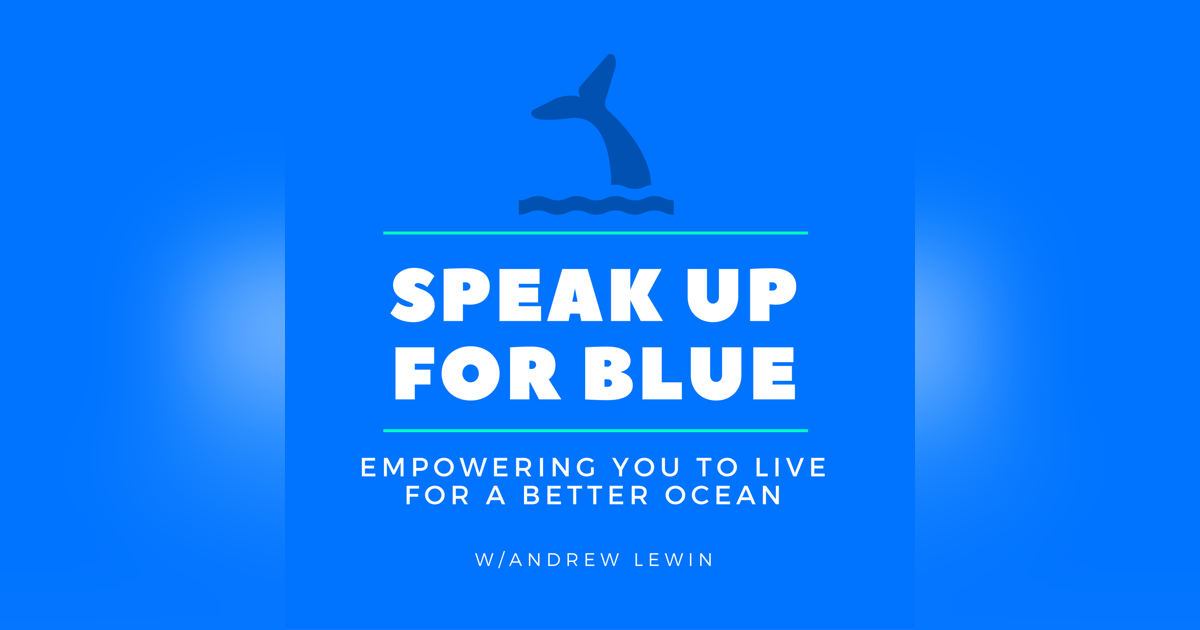SUFB 1189: Salmon populations are being altered by climate change in Pacific and Atlantic Oceans

Salmon populations can't stand the heat so they may be removed from many of the waterways that they normally occupy for spawning. Salmon are cold-water species that do not do well in warm water; therefore, freshwater rivers where the salmon...
Salmon populations can't stand the heat so they may be removed from many of the waterways that they normally occupy for spawning.
Salmon are cold-water species that do not do well in warm water; therefore, freshwater rivers where the salmon spawn are not ideal habitats when they heat up due to climate change. Add human barriers such as culverts, dams, and eroding habitats which impede access to spawning habitats and you get a recipe for disaster.
I also should not forget to mention that changes in ocean prey due to ocean temperature rising result in less healthy salmon.
Habitat restoration can help cool hot spot areas in rivers and allow more water to be held cooling river water further. Canadian and US governments are working hard to get restoration actions implemented to help wild stocks.
Closing salmon fisheries are also in place in the Pacific and Atlantic Oceans to provide all of the chances possible for bigger and fitter salmon to spawn.
Link to article: https://www.cbc.ca/news/science/salmon-climate-change-1.6114328
Check out all of our episodes on www.speakupforblue.com
Want To Talk Oceans? Join the Speak Up For Blue Facebook Group: http://www.speakupforblue.com/group.
Speak Up For Blue Instagram: https://www.instagram.com/speakupforblue/
Speak Up For Blue Twitter: https://twitter.com/SpeakUpforBlue











